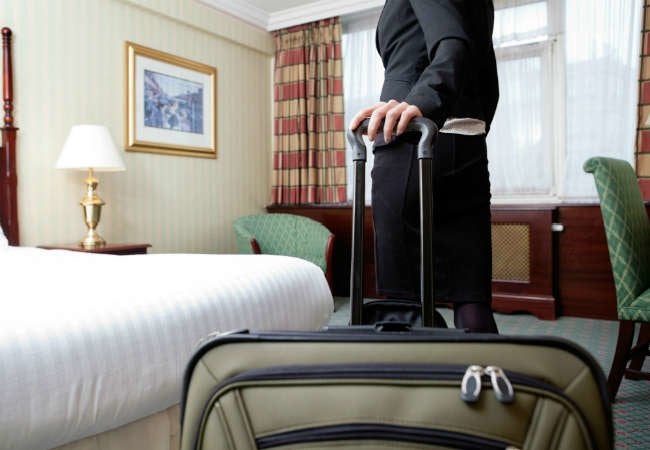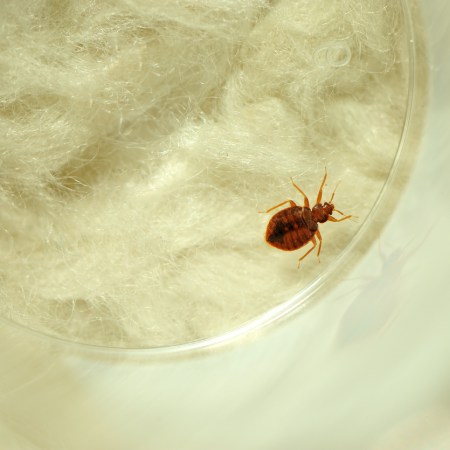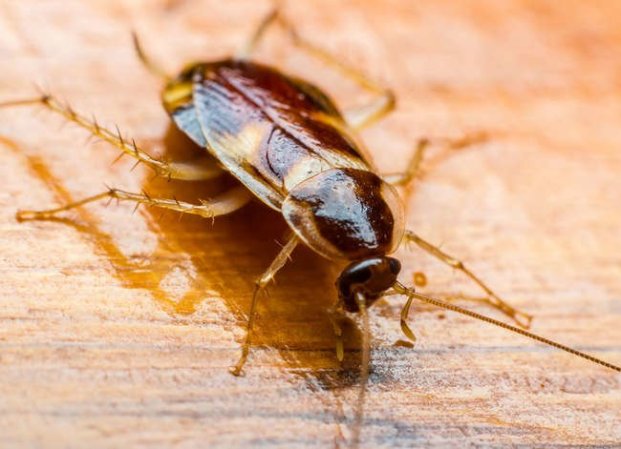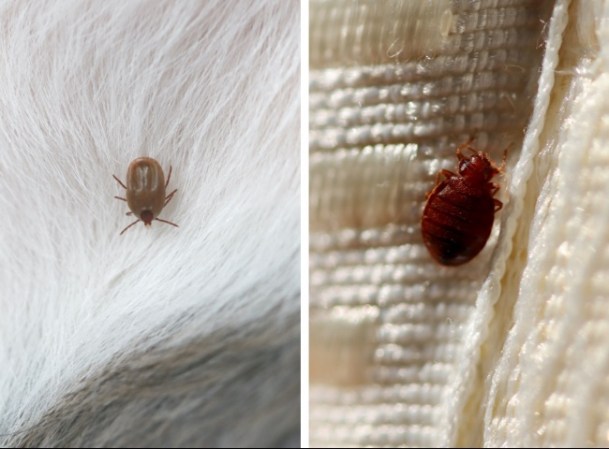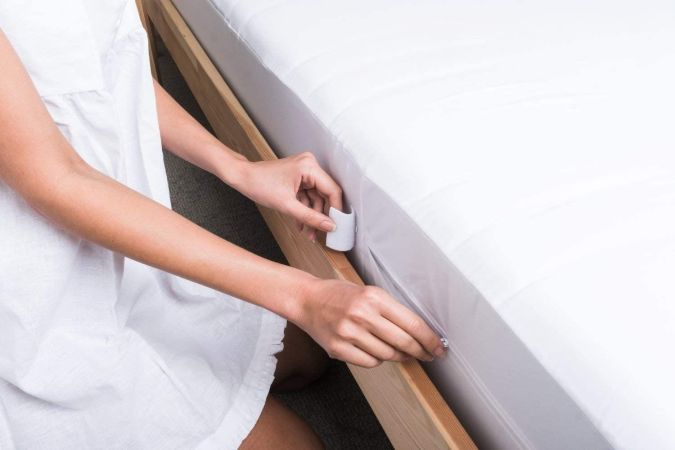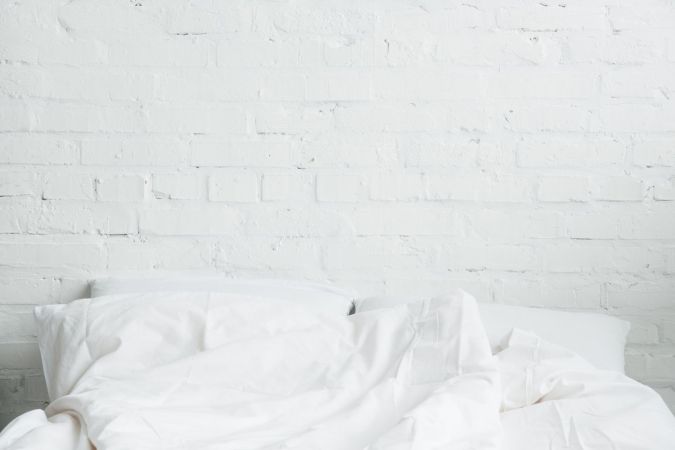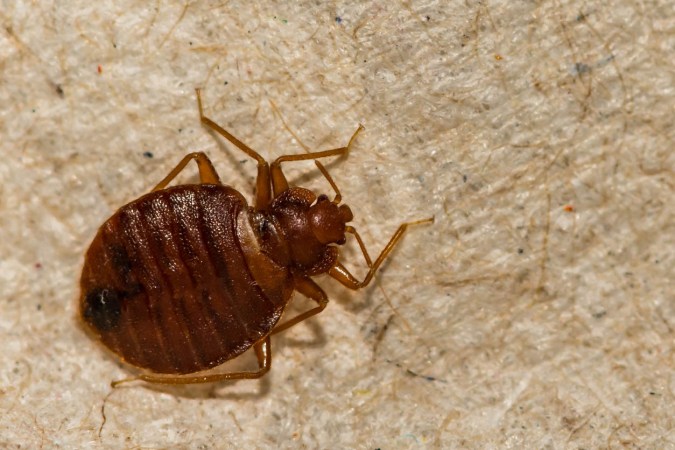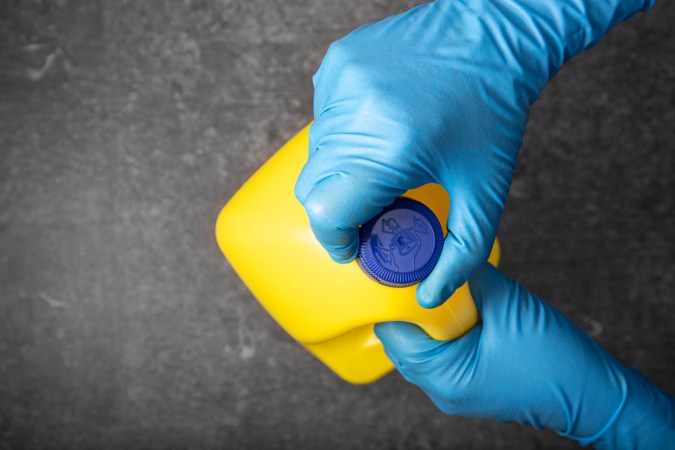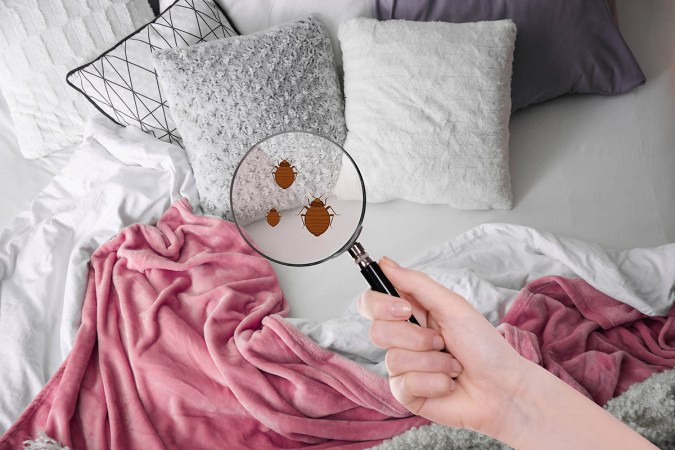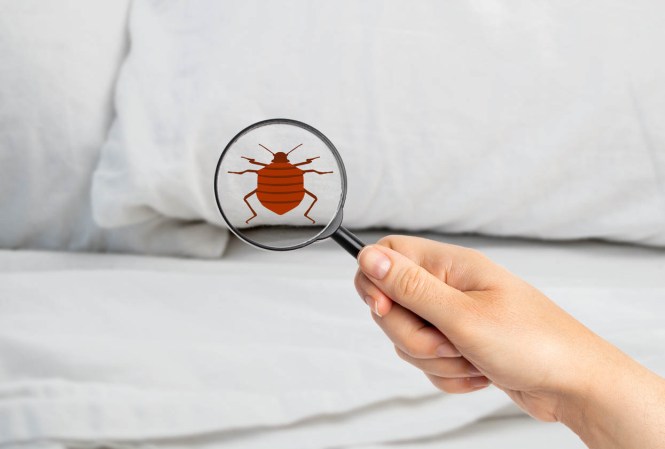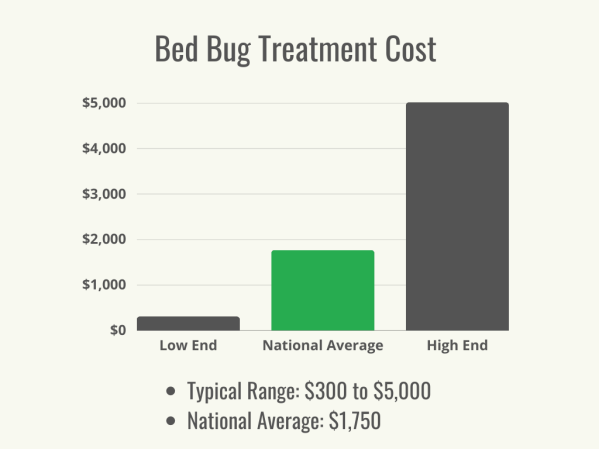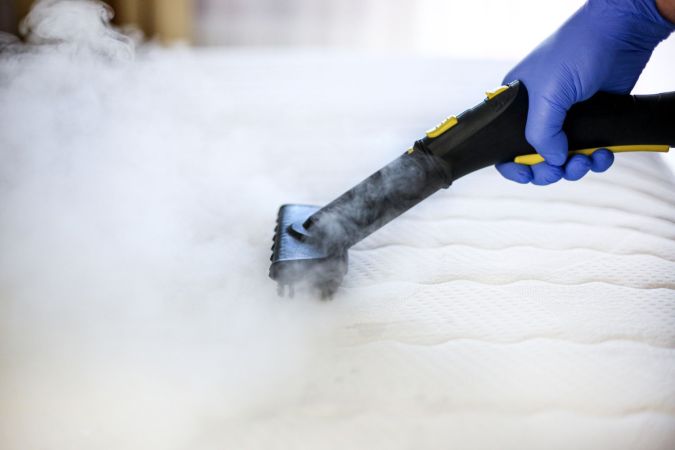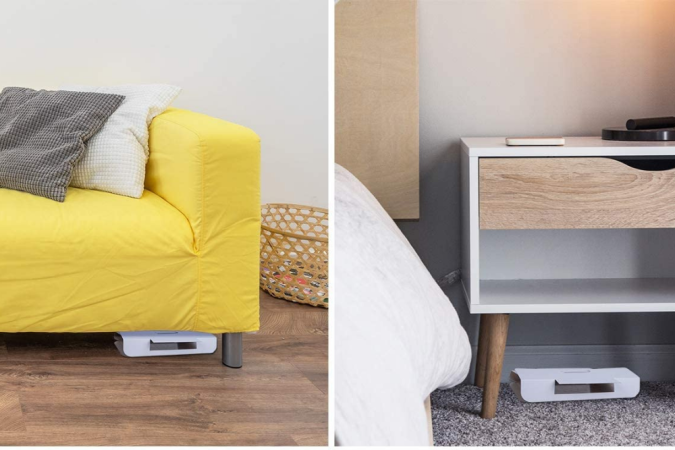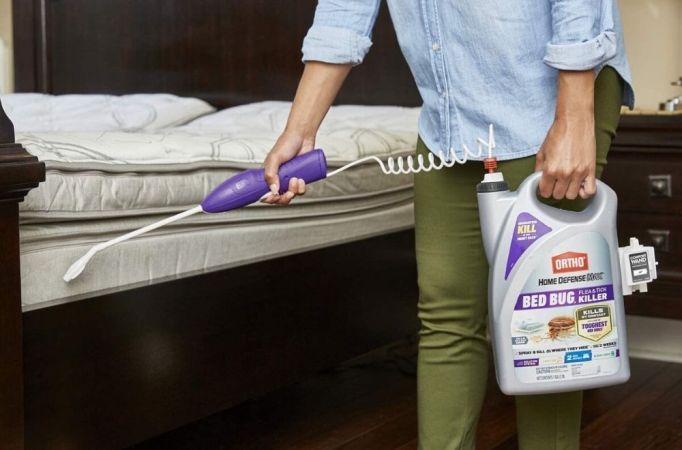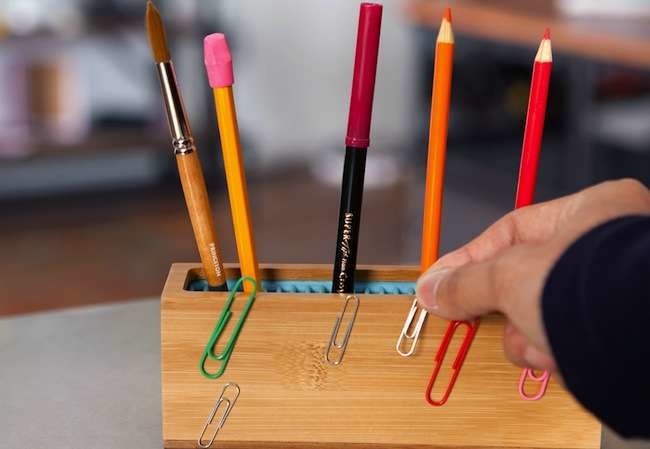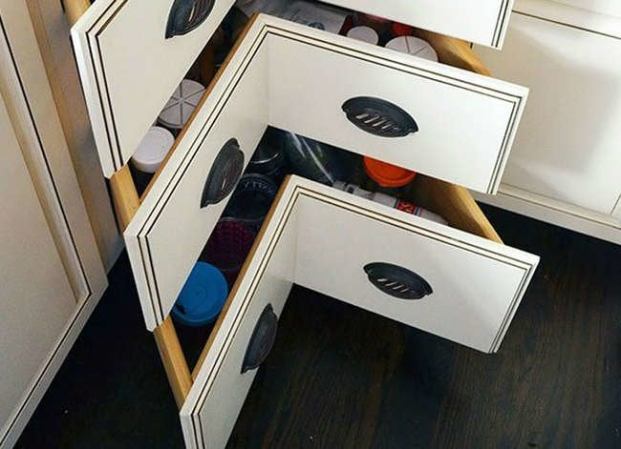We may earn revenue from the products available on this page and participate in affiliate programs. Learn More ›
Stash Your Luggage
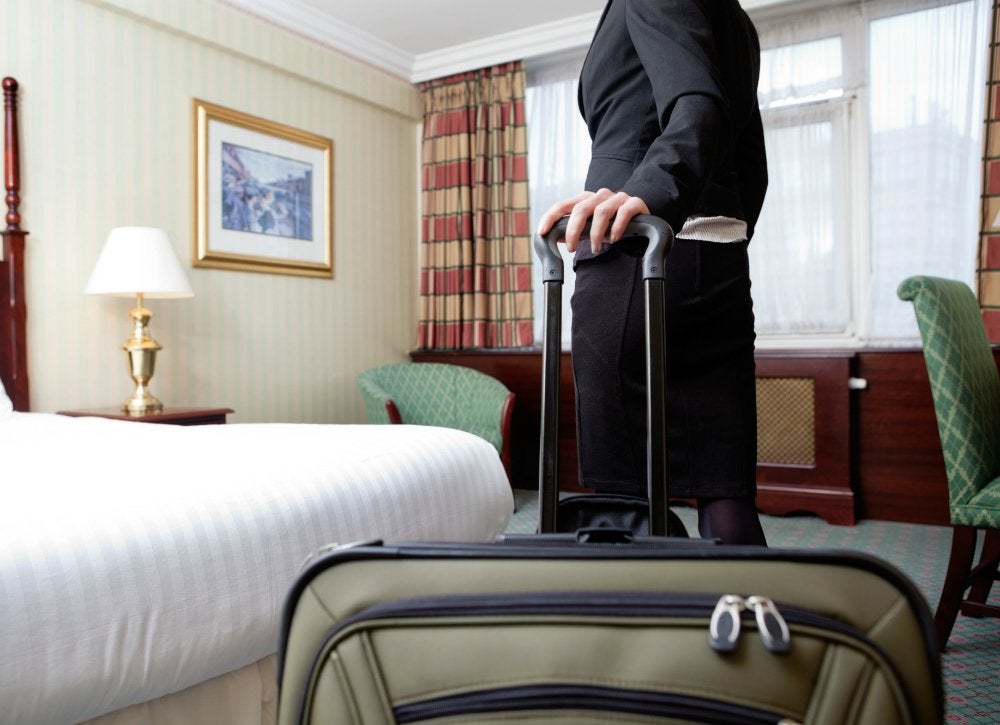
Your first order of business upon entering the hotel room should be to check for bed bugs. But before you give the room a solid inspection, place your luggage in the bathroom in the middle of the tile floor. Do not set the suitcases on the bed!
Check the Mattress
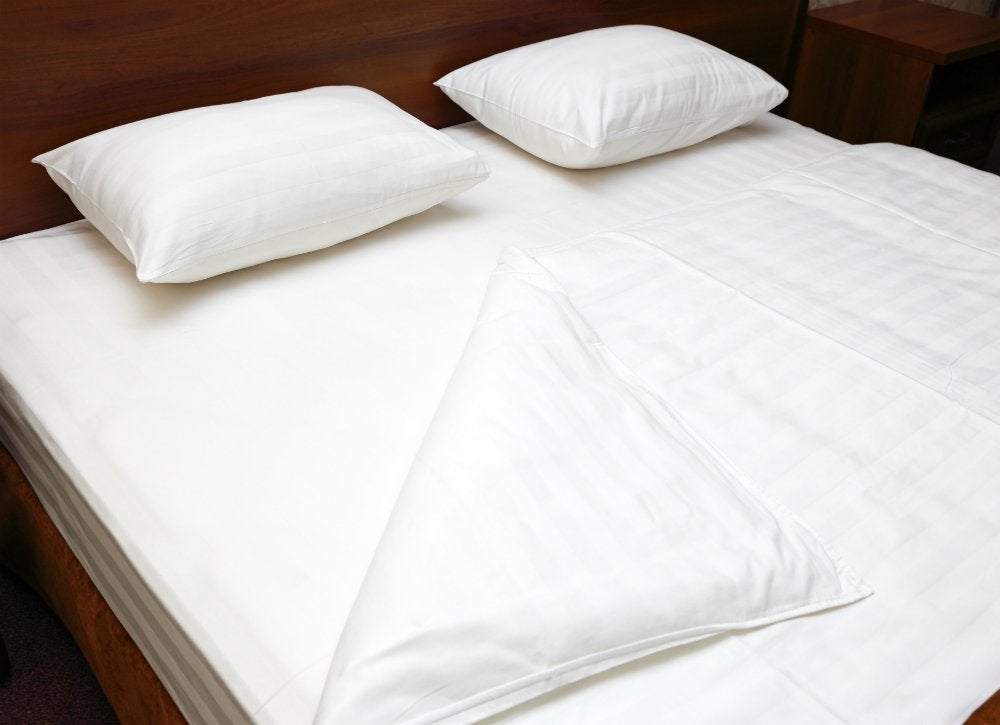
Before you ever lay your head down, perform a preliminary check of the mattress. Pull back the bed sheets and inspect the mattress seams and box spring, particularly at the corners, for telltale rust-colored stains or spots. If you find anything suspect, notify management and change rooms or hotels immediately.
Related: 10 Simple Ingredients for a Comfortable Bed
Inspect Behind Furniture

Don’t stop at the mattress, though. Despite their name, bed bugs can also conceal themselves behind baseboards, wallpaper, picture frames, and in furniture as well, especially upholstered headboards, sofas, and wood furniture. Here’s where a pocket-sized flashlight will come in handy. Use one for a quick visual inspection of these items. Again, if you spot any pests in this check up, change rooms or hotels immediately.
Change Rooms
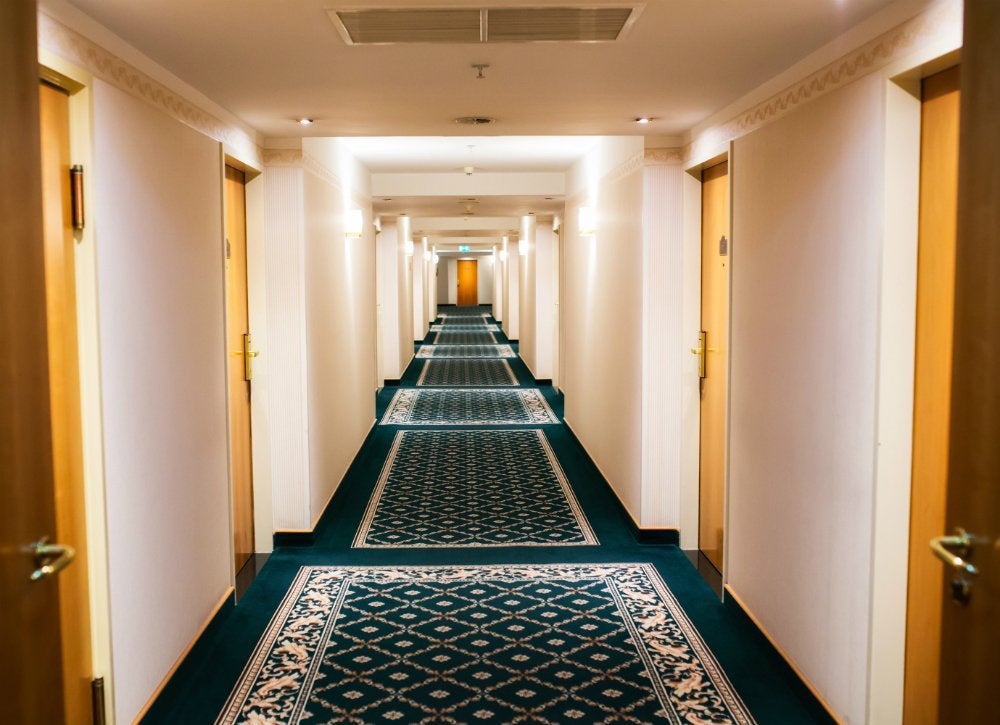
If you do need to change rooms, be sure that you do not move to a room adjacent or directly above or below the suspected infestation. Bed bugs can easily travel by housekeeping carts, or even through wall sockets. If an infestation is spreading, it typically does so in the rooms closest to the origin.
Cover Your Suitcase
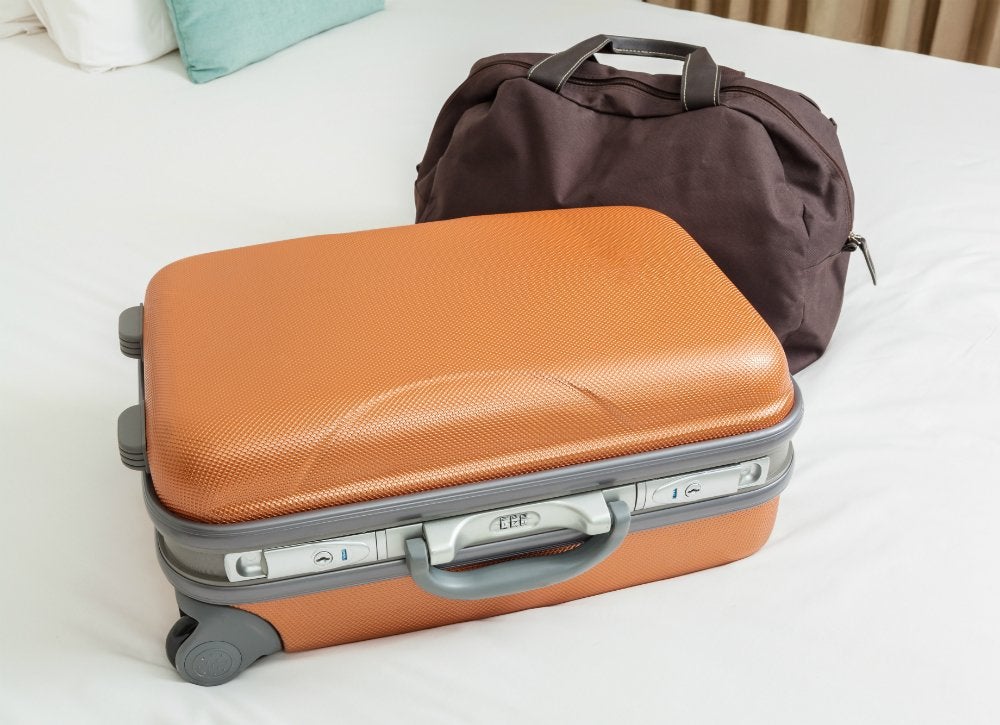
Covering your suitcase may make it less susceptible to invasion. Consider bagging your luggage in a plastic trash bag or protective cover while at the hotel to deter bed bugs from taking up residence. Then, when you arrive home discard the plastic bags before bringing your things inside.
Bag Up Clothes
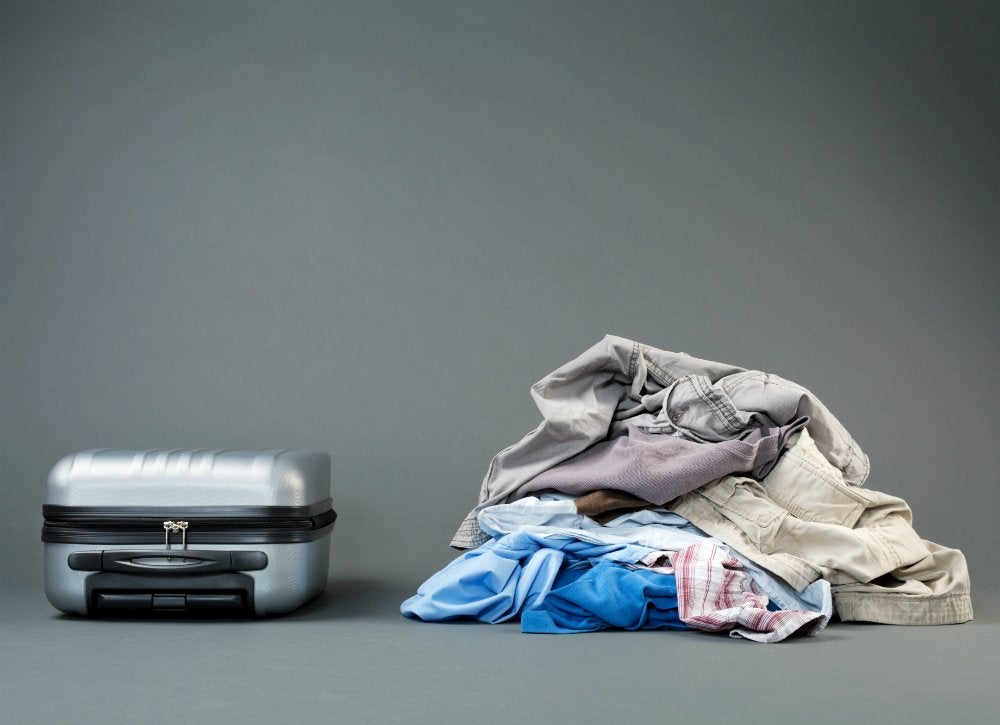
Protect what’s inside the suitcases with Ziploc bags. Keep dirty clothes in sealed bags so they can be easily cleaned once you arrive home. Likewise, things that can’t safely be washed like electronics, books, and toiletries, should be kept under wraps.
Inspect Suitcases
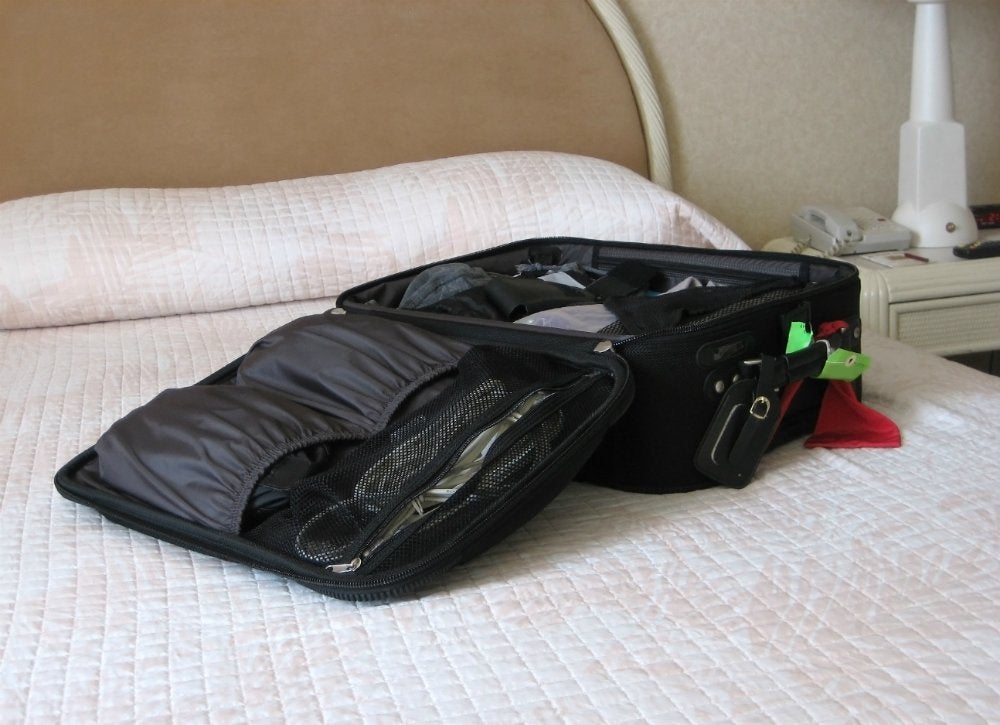
After your trip, take a few more steps to ensure that anything you’ve inadvertently brought is destroyed before it infests in your home. Inspect suitcases for signs of bed bugs before bringing them into the house.
Bring Out the Vacuum or Steamer
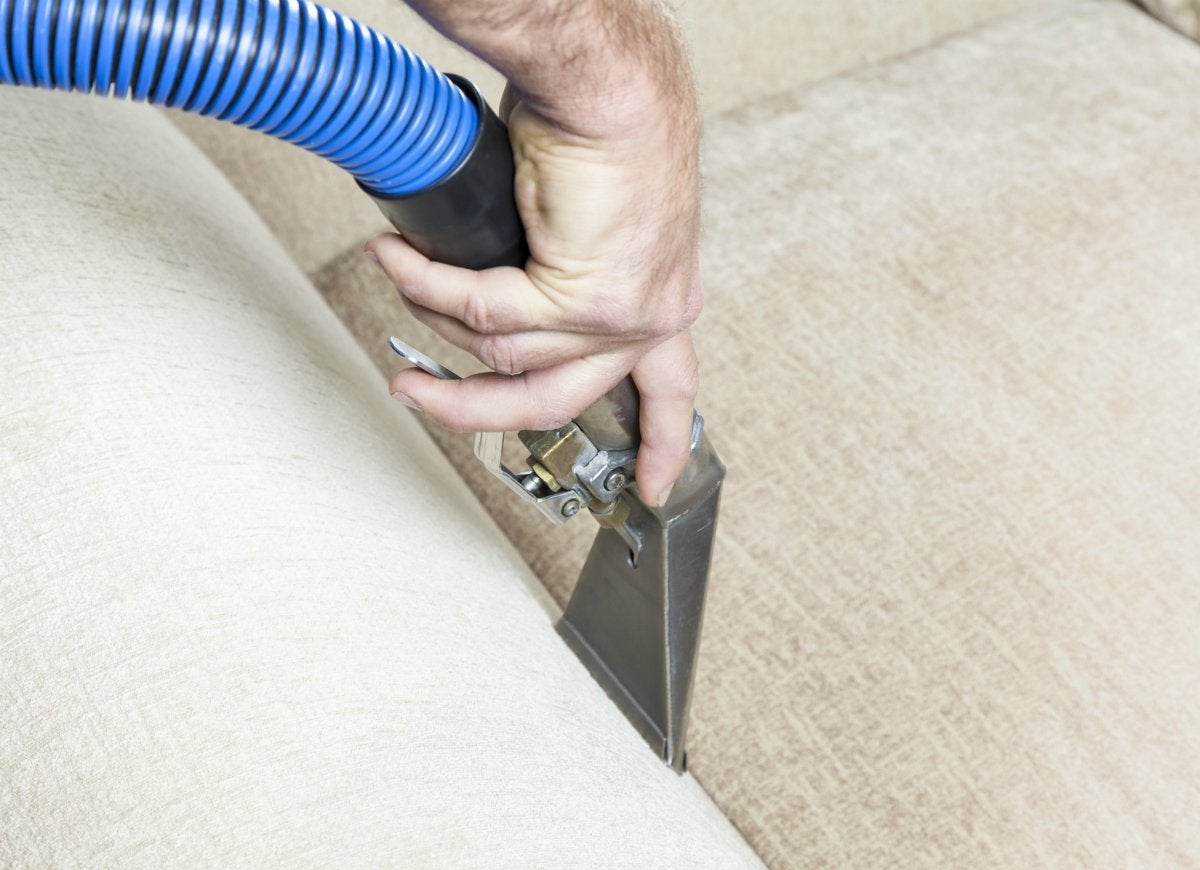
Then vacuum your luggage thoroughly before storing it away. Consider using a heated garment steamer in and over your luggage, which will kill any bed bugs that may have hitched a ride home. Bed bugs and their eggs cannot survive temperatures over 122 degrees Fahrenheit.
Hot Water Wash
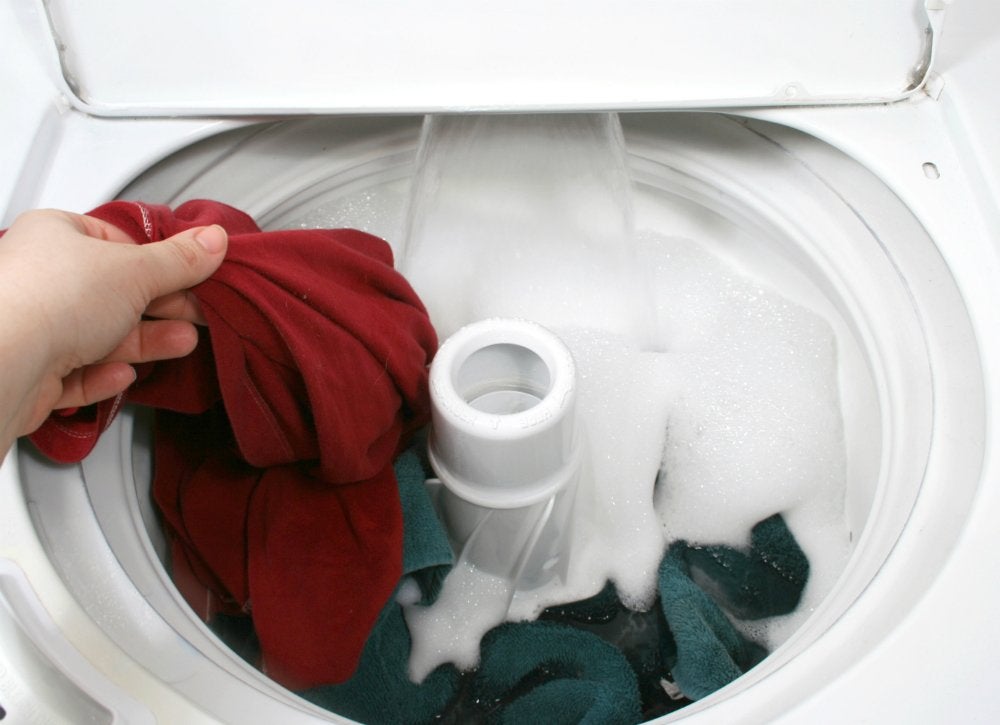
Unpack your luggage right away, and do so right over the washing machine, so no bugs can drop from your clothes and onto the floors of your home. Dump all clothes into the machine—even those that have not been worn. Run them on the hot water cycle and then thoroughly dry the clothes on high to kill any possible bugs.
If All Else Fails
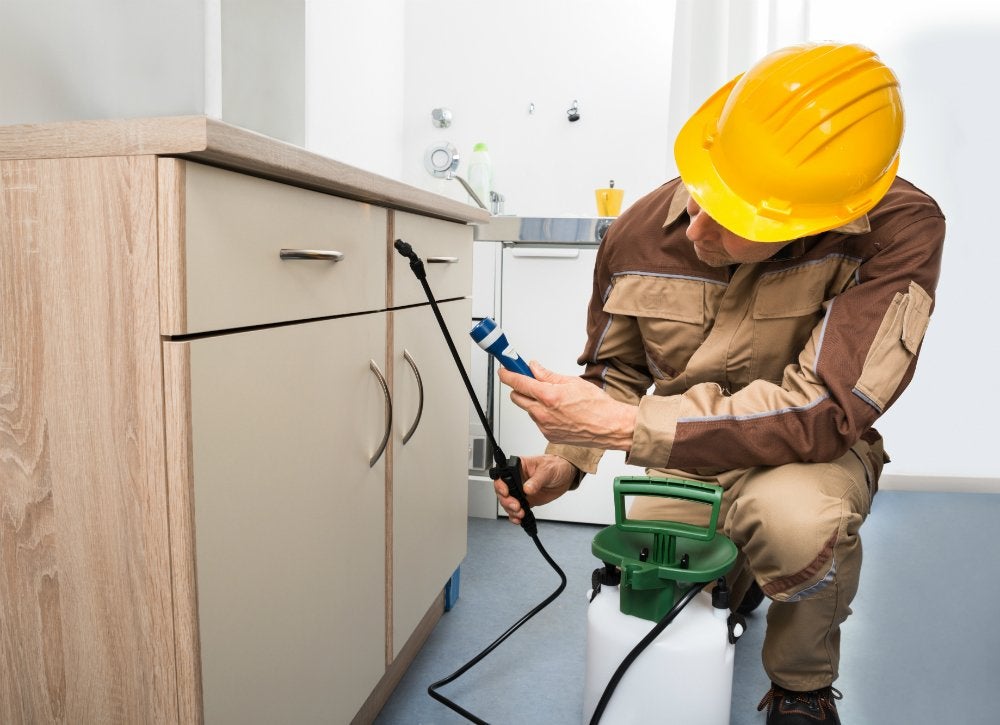
If, in spite of your best efforts, you do return home with bed bugs, work with a professional pest control company to treat the infestation and perform follow-up inspections. Bed bugs are notoriously elusive pests that cannot be controlled effectively with do-it-yourself measures. Professionals, however, can develop a treatment and control strategy with the customer depending on the extent of the infestation. For more information about pest prevention, visit the National Pest Management Association’s website.
For More…
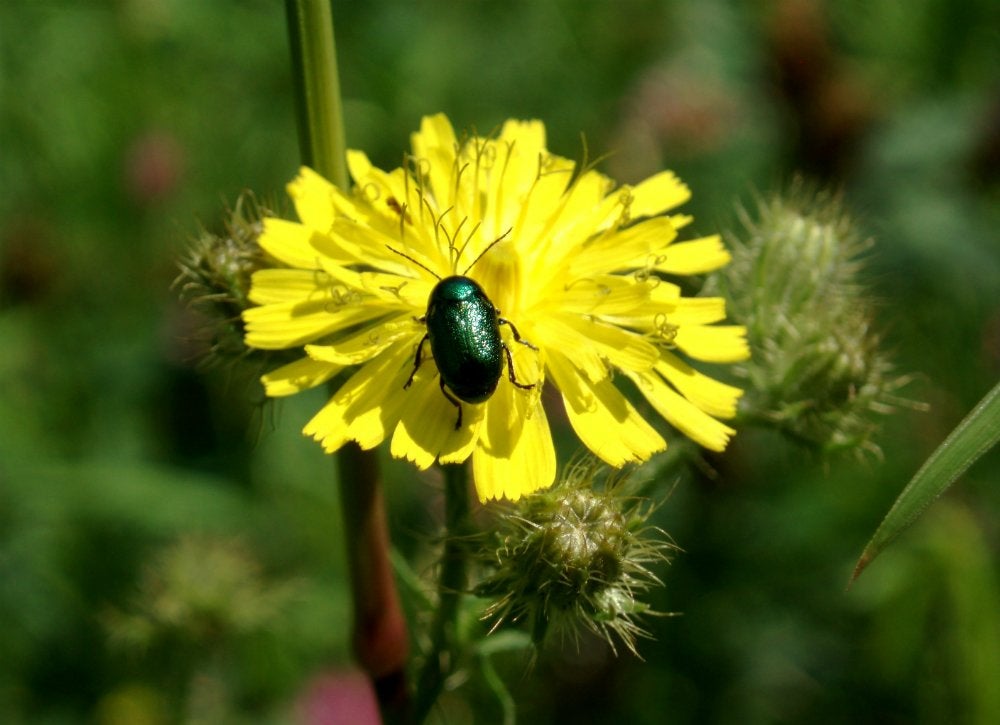
If you’re interested in more on pests, consider:
6 Common Houseplant Pests—and How to Get Rid of Them
Pests, Be Gone! 10 Natural Ways to Make Your Home Critter-Free

